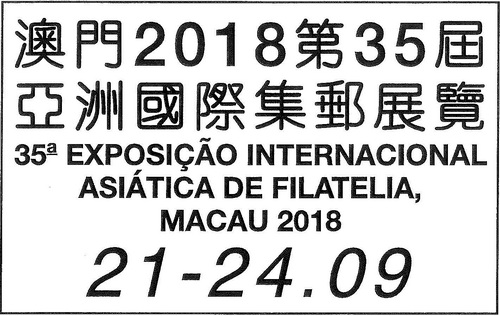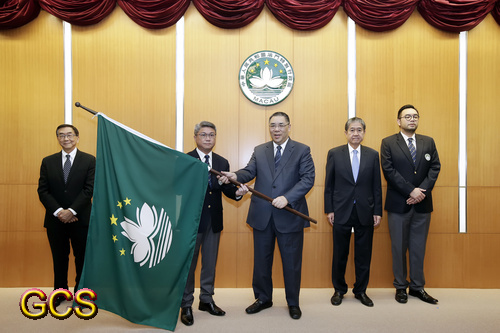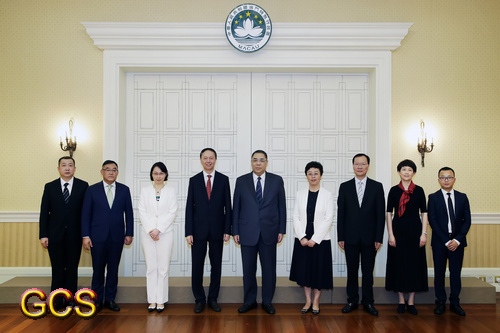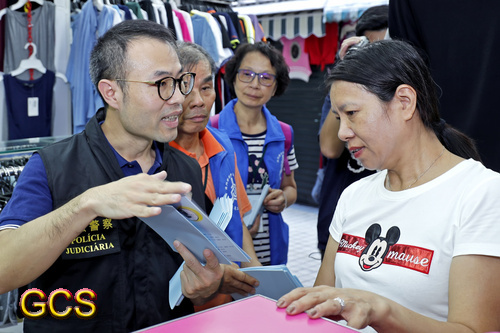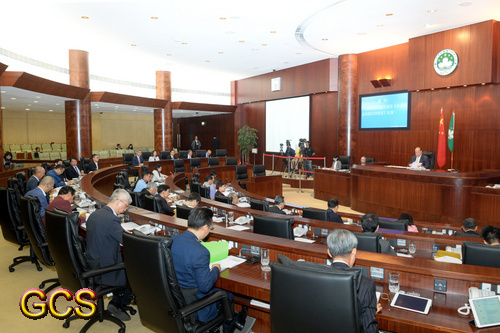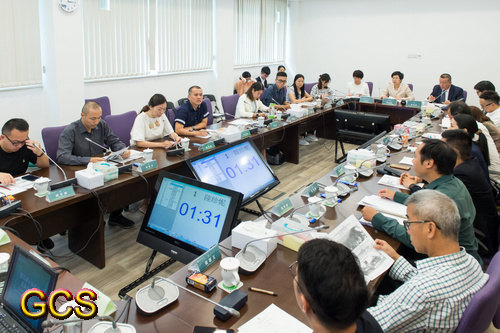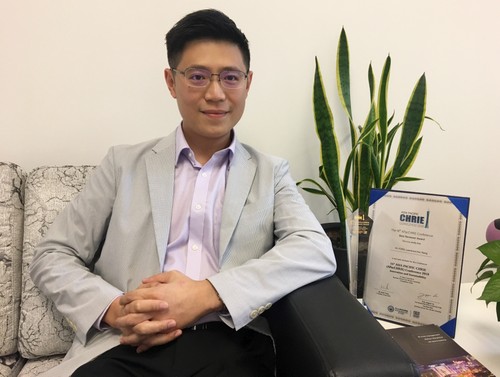Macao SAR Government Portal
News
CE to attend Legislative Assembly meeting tomorrow
The Chief Executive, Mr Chui Sai On, will attend a plenary session of the Legislative Assembly tomorrow (9 August) to answer Assembly members’ questions on Government policy and social issues.
…
New Slogan Die of Franking Machines
In order to cope with “The Macao 2018 - 35th Asian International Stamp Exhibition” of this year, Macao Post and Telecommunications Bureau announces that the following slogan die of the franking machines will be used at the General Post Office, Rua da Campo Post Office, Red Market (Almirante Lacerda) Post Office, Hac Sa Wan (Areia Preta) Post Office and Nova Taipa Post Office starting from 13th August 2018 until 24th September 2018.
…
Residential property price Index for April – June 2018
Information from the Statistics and Census Service (DSEC) indicated that the overall residential property price index for April - June 2018 increased by 1.7% over the previous period (March - May 2018) to 269.4. The indices for the Macao Peninsula (271.8) and Taipa & Coloane (258.2) rose by 1.9% and 0.5% respectively.
…
UM professor receives Best Reviewer Award
Lawrence Fong Hoc Nang, an assistant professor of international integrated resort management from the Faculty of Business Administration, University of Macau (UM), received the Best Reviewer Award at the 16th Asia-Pacific CHRIE (ApacCHRIE) Conference. The award aims to motivate reviewers to deliver reviews on conference papers in a professional and efficient manner.
…
Credit card statistics –2nd quarter 2018
According to statistics released today by the Monetary Authority of Macao, the total number of personal credit cards issued by banks in Macao continued to rise in the second quarter of 2018. Both the credit card turnover and total repayments witnessed double-digit growth from a year ago.
…


